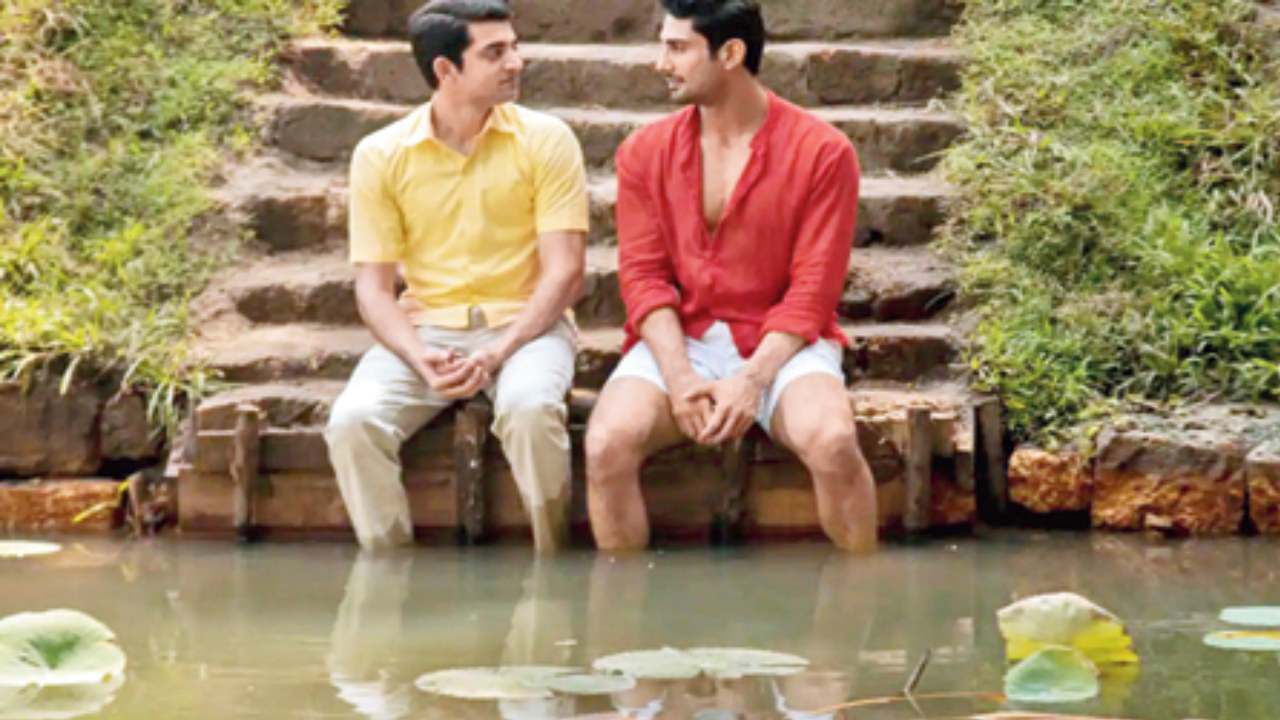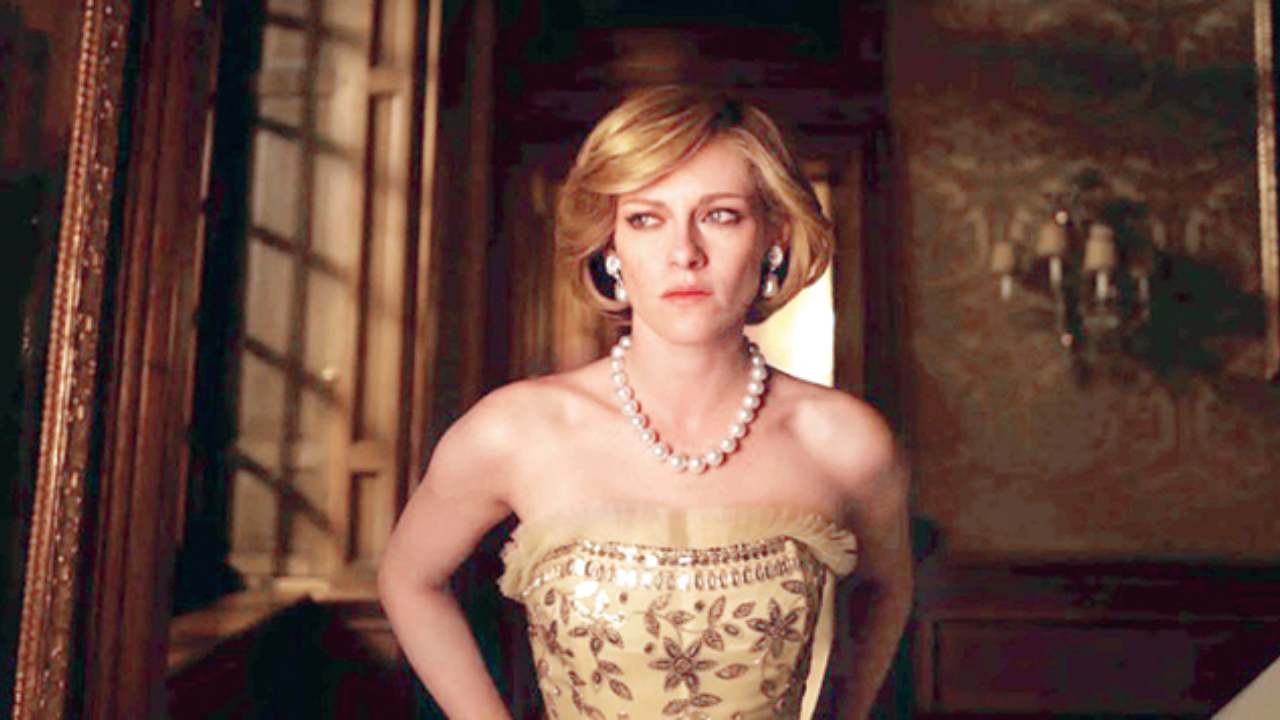SPENCER
What more can one say about Princess Diana’s discomfiture with the royals than hasn’t already been documented, portrayed or imagined and reimagined on screen? Spencer, with Kristen Stewart playing Lady Di, imagines a Christmas weekend in 1991 that she, now sort of estranged from the royal family and contemplating divorcing Prince Charles, has to spend with her in-laws at the Queen’s Sandringham estate in Norfolk.
It’s tough to box Spencer into a genre, given the various flights of fancy the storytelling takes, with director Pablo Larrain — who also directed Jackie, based on former US first lady Jacqueline Kennedy’s life — even imbuing the narrative with a touch of magic realism. Enchanting and frustrating in equal measure, Spencer is not an easy watch. This is a deeply meditative, if often bizarre, take on the mental prison that Princess Diana was trapped in.
Spencer affords Diana a manic panicky energy from the start, with Kristen Stewart’s breathless performance helping the film to pull through even in its difficult moments. This is a deeply unsettling film where the oppressive environment gradually envelopes the viewer, but Spencer, after a point, seems to be going nowhere, drowning in its own self-indulgence. It’s a gorgeous-looking film, though.
Stewart, nominated for all the major awards for Spencer, including an Academy Award, is however, largely faultless, capturing Diana’s speech patterns and mannerisms, right down to the signature head tilt, flawlessly. She’s an ingenious, but in retrospect, perfect pick for the part. If only Spencer, playing out at a shade less than two hours, was just as compelling.
Available on: Amazon Prime Video

COBALT BLUE
Sachin Kundalkar’s debut novel Cobalt Blue — a vibrant palette of emotions with a queer love story at its core — has found its way to screen in the form of a film. Cobalt Blue, with its gorgeous blues, greens and reds — a lot of which come from its setting in picturesque Kochi — explores the beauty and ugliness of love as two sides of the same coin, playing out in the lives of Tanay (Neelay Mehendale) and his sister Anuja (Anjali Sivaraman) who both fall in love with their hunky, eccentric paying guest (an unnamed character, played by Prateik Babbar).
Like the book, the film ably explores the elements of sensual imagery, exploration of sexual desire and aching melancholia, and sets it in the mid-90s when homosexuality is still not legal. Cobalt Blue succinctly explores the sexual awakening of the siblings, even though heartbreak lies at the centre of what they experience. In fact, the many shades of grief — the film starts off with not one but two deaths in quick succession — form the crux of this film. Referring to Cobalt Blue as an Indian take on Call Me By Your Name would be unfair and reductive, but it does evoke memories from that film.
Cobalt Blue is far from a perfect film — some of the lines are clunky and a few acts too performative — but it’s an important, and largely engaging, film about sex, blended as it is with literature, poetry, music and art. Vincenzo Condorelli’s camerawork is the true star of the film.
Available on: Netflix
